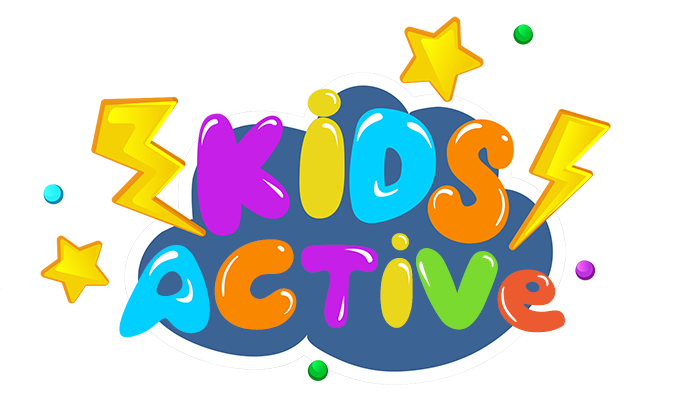
Equal rights
The Disability Discrimination Act enforced by the Government legally requires public services such as schools to ensure every person is entitled to the same rights. Schools are therefore expected to treat disabled children in the same manner that they treat children without a disability. The legislation also expects schools to make the maximum effort possible to actively encourage disabled rights and to make the environment as accessible as possible for all students; in practical terms this may involve installing lifts or ramps as well as hearing loops and Braille equipment for example.
Academic support
In terms of learning, some children with special needs may find it more difficult to grasp new concepts and retain information; their intellectual development may be slightly slower than other children and therefore schools are expected to provide additional support for these children. Extra academic support can help to ensure disabled children learn all the essential information needed to be well-equipped for everyday school life and will encourage them to pursue academic success in the future. Doing well at school increases ambition and self-confidence and can help children to foster positive relationships with others.
The key worker system
The key worker system that has been launched in many schools is proving to be extremely successful; this scheme involves linking each disabled child with a key worker who will help them with their academic work and provide practical advice and emotional support. The key worker will usually remain the same throughout a child’s school life and will be encouraged to form a strong and lasting bond with their student. The key worker can also help with practical concerns such as transport and access to facilities; they may also be able to help with arranging medical care by organising appointments with the doctor or dentist for example.
Sport for all
Many people often believe that disabled children cannot participate in sporting activities; however, there is a vast array for activities available for disabled children. Popular sports include wheelchair basketball, archery and javelin throwing to name but a few. Schools should actively encourage disabled children to participate in group sporting activities and should endeavour to make exercise as accessible and enjoyable as possible.
If you need help, advice or support
If you are being bullied at school you should talk to somebody about it; this person could be a friend, parent, teacher or your key worker. Don’t suffer in silence; you will feel better if you share your problems. If you don’t feel comfortable talking to somebody you know you can talk to a person on the telephone; charities such as Childline run a confidential anonymous service 24 hours a day. There are also lots of resources which offer advice and support on the internet.
